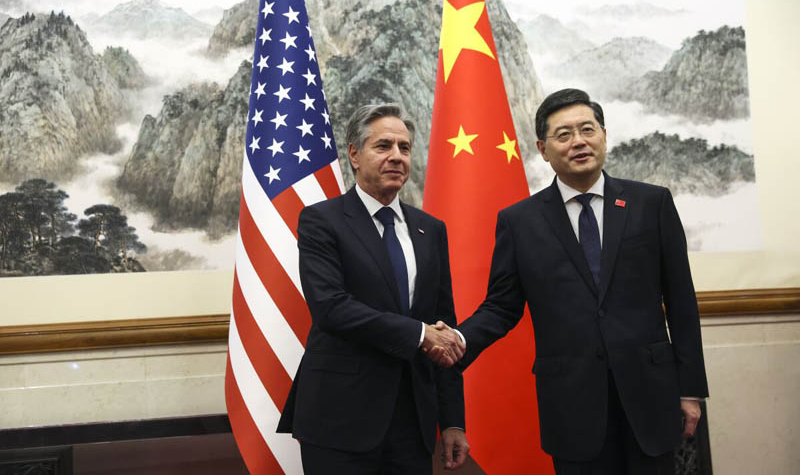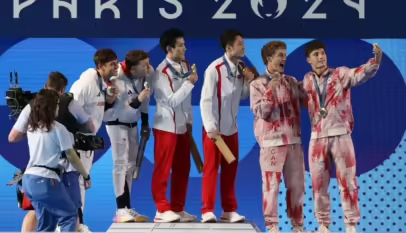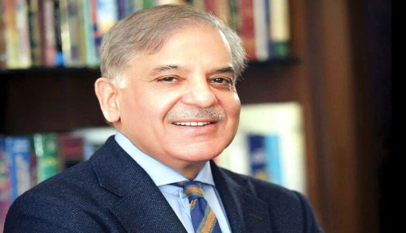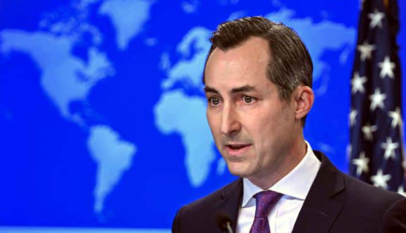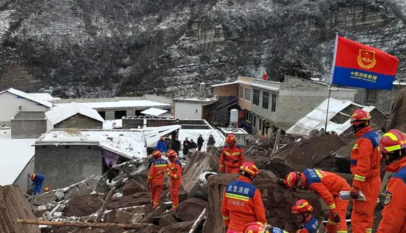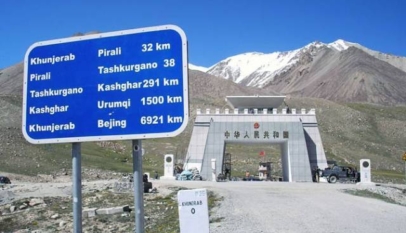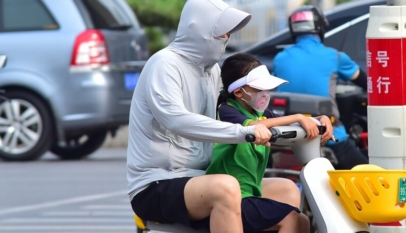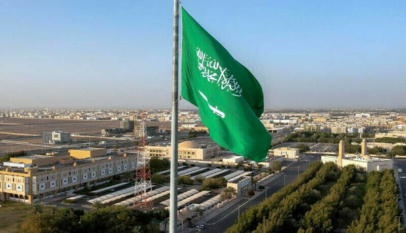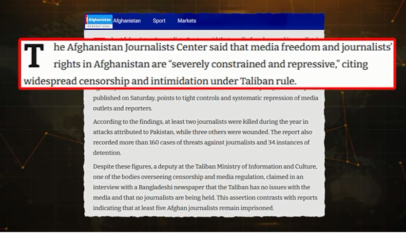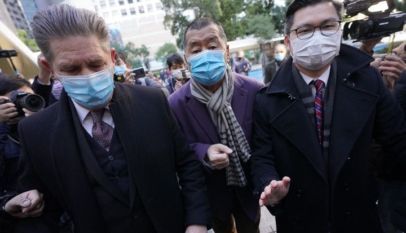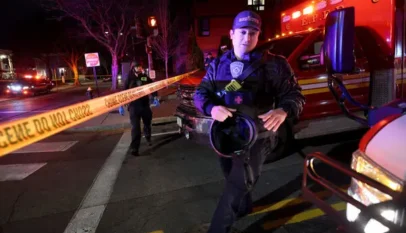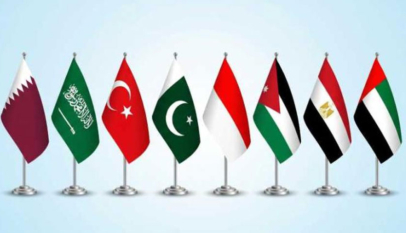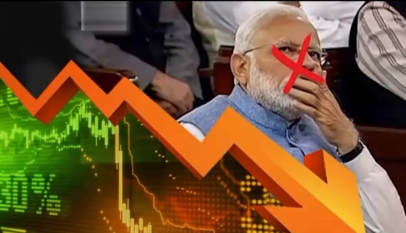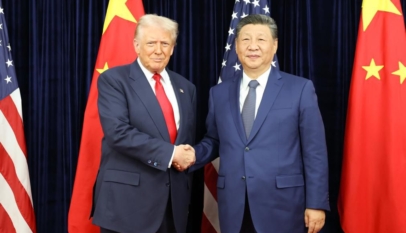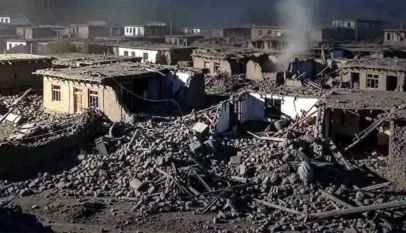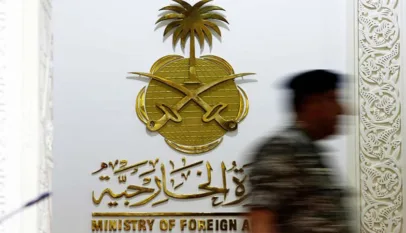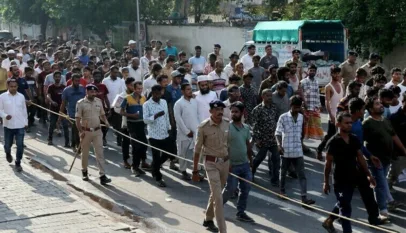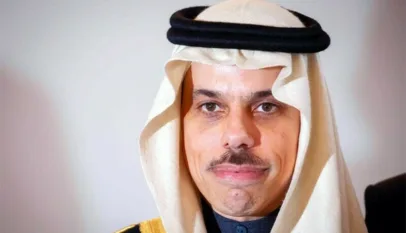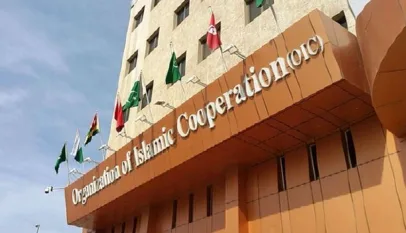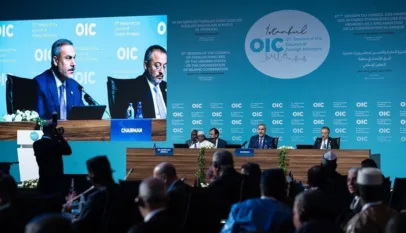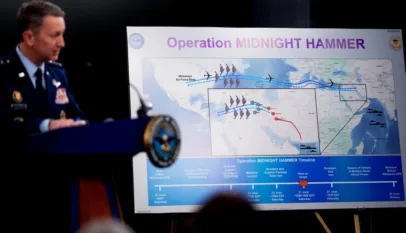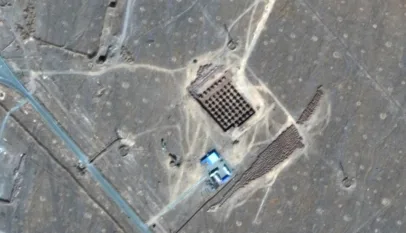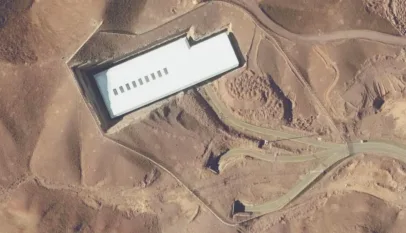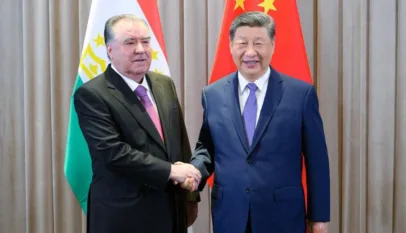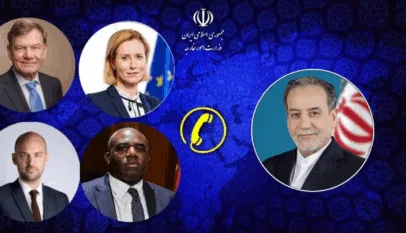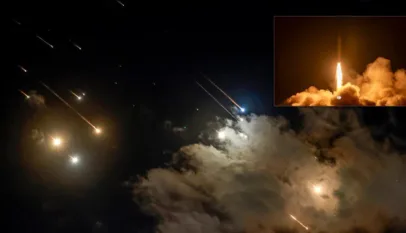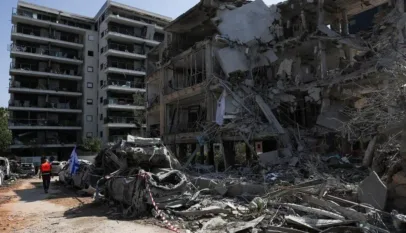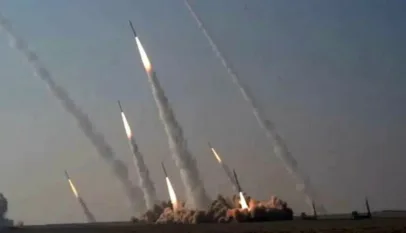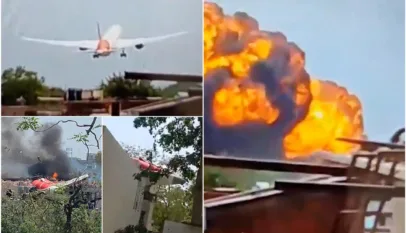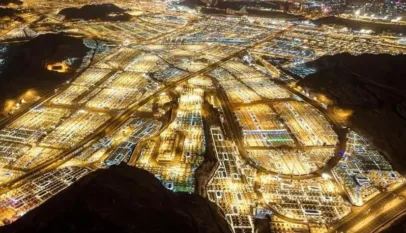US Secretary of State Antony Blinken landed in Beijing Sunday with the agenda of mending fences with China amid a number of disagreements on international issues — the first trip by a senior US official to China in nearly five years.
The trip was originally scheduled for February which was marred when the US claimed that a suspected Chinese balloon entered US airspace. It is the first Chinese trip from a top US official since the Biden administration took assumed Oval Office in 2021.
Antony Blinken was received by Chinese Foreign Minister Qin Gang at the door to a villa on the grounds of Beijing’s Diaoyutai State Guest House, rather than inside the building as is customary.
As they walked in, the two made small talk, with Qin asking Blinken in English about his long trip from Washington. Afterwards, they shook hands in front of a Chinese and an American flag.
Chinese assistant foreign minister Hua Chunying, who was in the meeting, wrote in the tweet while posting a picture of both the officials: “Hope this meeting can help steer China-US relations back to what the two Presidents agreed upon in Bali.”
President Joe Biden and Chinese President Xi Jinping held their long-awaited first in-person talks on the sidelines of a summit of the Group of 20 big economies in November last on the Indonesian island of Bali, engaging in blunt talks over Taiwan and North Korea but also pledging more frequent communications.
Blinken is also likely to meet with China’s top diplomat Wang Yi and possibly President Xi, in an attempt to reopen durable communication channels to ensure that the bilateral competition between the two largest economies does not spiral into a conflict.
There are expectations associated with the Blinken’s Chinese trip which could be a harbinger for visits by Treasury Secretary Janet Yellen and Commerce Secretary Gina Raimondo, in the months to come.
It is also anticipated that his visit would also set the ground for a bilateral meeting between Xi and Biden at multilateral summits later in the year.
Biden said Saturday he hopes to meet with President Xi in the next several months.
Blinken’s trip is being closely observed throughout the world as any kind of disagreement on issues could impact global economic and financial markets, supply chain routes and so on.
A senior State Department official told reporters in Tokyo that “there’s a recognition on both sides that we do need to have senior-level channels of communication.”
“That we are at an important point in the relationship where I think reducing the risk of miscalculation, or as our Chinese friends often say, stopping the downward spiral in the relationship, is something that’s important,” the official added.
The relations between China and US have severed on a number of issues including Taiwan, sparking fears that it could spark a full-scale military standoff between the two superpowers.
They are also at odds over issues ranging from trade to US efforts to hold back China’s semiconductor industry.
Speaking at a press conference Friday before departing for Beijing, Blinken said his trip had three main objectives: “Setting up mechanisms for crisis management, advancing US and allies’ interests and speaking directly about related concerns, and exploring areas of potential cooperation.”
“If we want to make sure, as we do, that the competition that we have with China doesn’t veer into conflict, the place you start is with communicating,” Blinken noted.
He went on to say that “he would also be raising the issue of US citizens detained in China on charges Washington says are politically motivated.”
“Among topics likely to be discussed are potentially increasing commercial flights between the two countries,” a US official said, terming it as a move to encourage people-to-people ties.
While Blinken’s main goal will be “candid, direct and constructive” discussions, the officials said, breakthroughs are not likely on any major issues, including the flow of fentanyl precursors and Americans detained in China.
“Seeking China’s cooperation in stemming the flow of fentanyl precursors was a key item on the agenda,” the US official said, adding that the “Chinese side has been reluctant to cooperate on the issue.”

